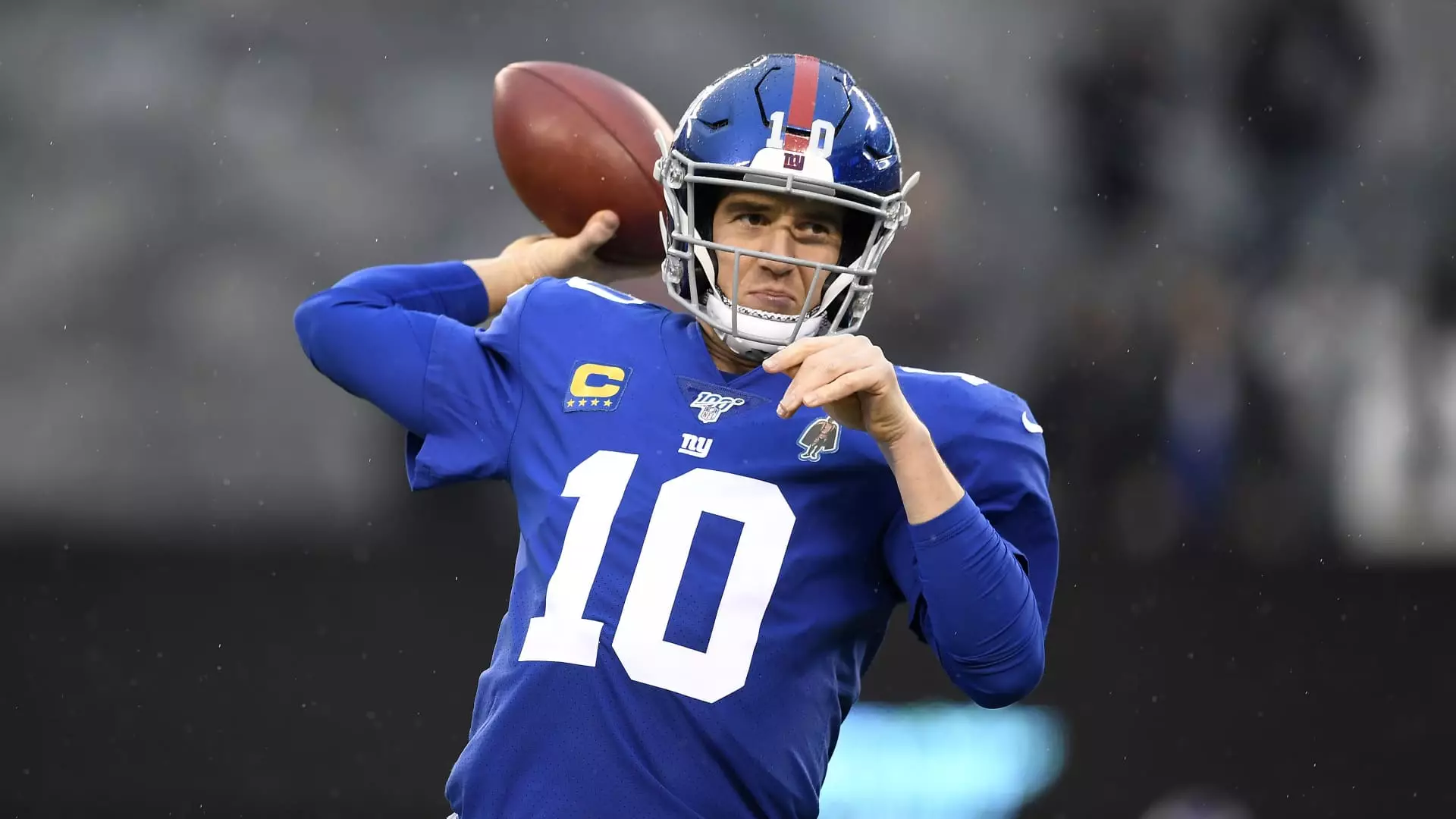In recent years, the skyrocketing valuations of sports franchises have become a defining feature of American professional sports. The narrative often suggests that these valuations are reflective of true worth—that a team like the New York Giants, valued at nearly $8 billion, is purely a business asset rooted in solid economic fundamentals. However, this perception obfuscates a vital reality: these valuations are often exaggerated, inflated by hype, media influence, and the chase for prestige rather than intrinsic value. When Eli Manning claims he’s “priced out” of buying a stake in his former team because it’s “too expensive” at $10 billion for a mere 1%, it reveals a troubling disconnect between perceived and real affordability in the sports industry. The problem lies not just in the astronomical prices themselves but in how these figures distort genuine economic understanding and concentrate power within a small, elite financial class.
The valuation bubble in the NFL—and sports at large—is emblematic of a broader trend where financial exuberance is disconnected from tangible performance metrics. Teams are increasingly regarded as prestige symbols and investment vehicles for immense capital pools seeking prestige and passive income streams. This mindset creates an atmosphere where ordinary fans and former players, despite their deep emotional bonds and pure love for the game, find themselves pushed out of ownership possibilities by the sheer scale of financial barriers. Manning’s statement underscores this reality: sports franchises, often presented as community assets, have morphed into commodities accessible only to a tiny minority capable of navigating mind-boggling valuations.
The Economic Myth of ‘Fair’ Valuations
The reality is that these valuations are as much a reflection of financial engineering, media hype, and speculative investing as they are about the intrinsic value of the team. The Philadelphia Eagles’ recent sale of a minority stake at an $8.3 billion valuation, and the San Francisco 49ers’ stake sold at over $8.5 billion, are not necessarily indicative of the teams’ actual operating cash flows or growth prospects. Instead, they are the products of a market hungry for high-profile assets, bidding beyond rational valuation. As for the Lakers selling at a $10 billion valuation—despite recent estimates at $7 billion—it’s a clear sign that hype and brand value often outstrip real economic fundamentals.
This inflationary environment effectively price out not only everyday investors but also passionate former players like Manning, who might bring valuable insight and experience, but lack access to the opaque machinations of high finance. The myth persists that such investments are always profitable or worthwhile, yet a sober analysis suggests they are increasingly driven more by prestige and social capital than by genuine economic opportunity. The idea that one could simply buy a stake and profit from team success is an illusion; the real game is about maintaining elite social standing, leveraging brand power, and navigating complex conflicts of interest that make genuine ownership a rare privilege.
The Human Cost of Wealth Concentration in Sports
Manning’s decision to withdraw from the pursuit of a team stake reveals a deeper issue: the social and professional barriers that wealth creates in sports ownership are fundamentally exclusionary. The sport’s history is rooted in community, loyalty, and shared passion—values that starkly contrast with the reality of billion-dollar valuations and corporate influence. When ownership and investment become confined to a handful of ultra-rich families and private equity giants, the human element is lost. These investments no longer serve as community assets but as financial trophies.
Moreover, Manning’s concern about potential conflicts of interest, considering his role on ESPN’s ManningCast and his ongoing relationships within the NFL ecosystem, highlights how intertwined and opaque these elite financial endeavors have become. This intertwining compromises transparency and accountability. It privileges private interests over the collective good and diminishes the opportunity for broader participation in the sport’s future. The sports industry is morphing into a playground for the ultra-wealthy, leaving behind the very fans and former players who gave the game its soul.
The true tragedy lies in how these inflated valuations distort the cultural fabric of sports itself, turning what should be a unifying passion into another arena of high-stakes financial speculation. The illusion of affordability masks the reality that sports ownership is increasingly an exclusive club—one that many, despite their talent, passion, and dedication, cannot hope to join. This transformation threatens the democratic spirit that once defined American sports, replacing community-driven endeavors with elite, profit-driven ventures.

